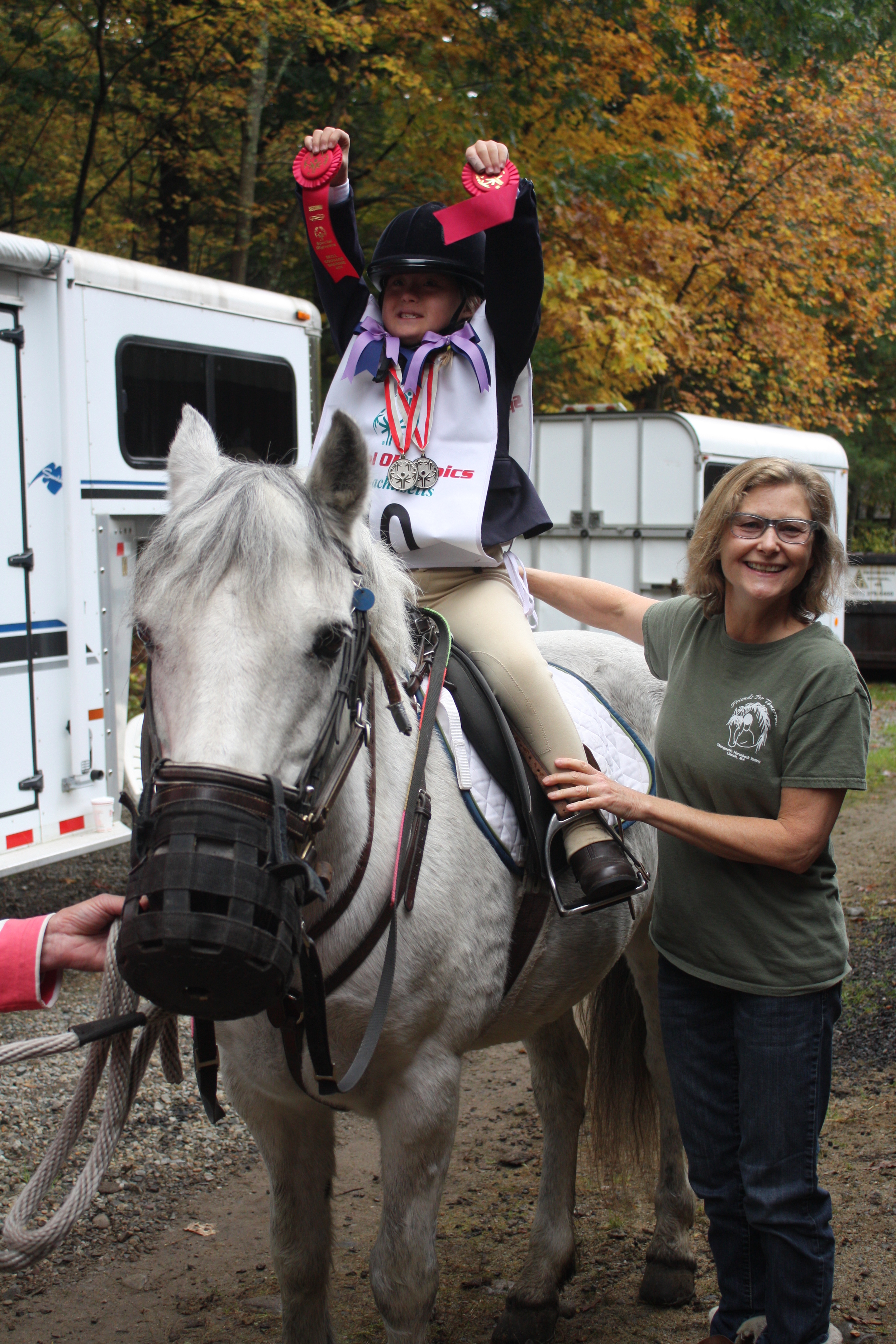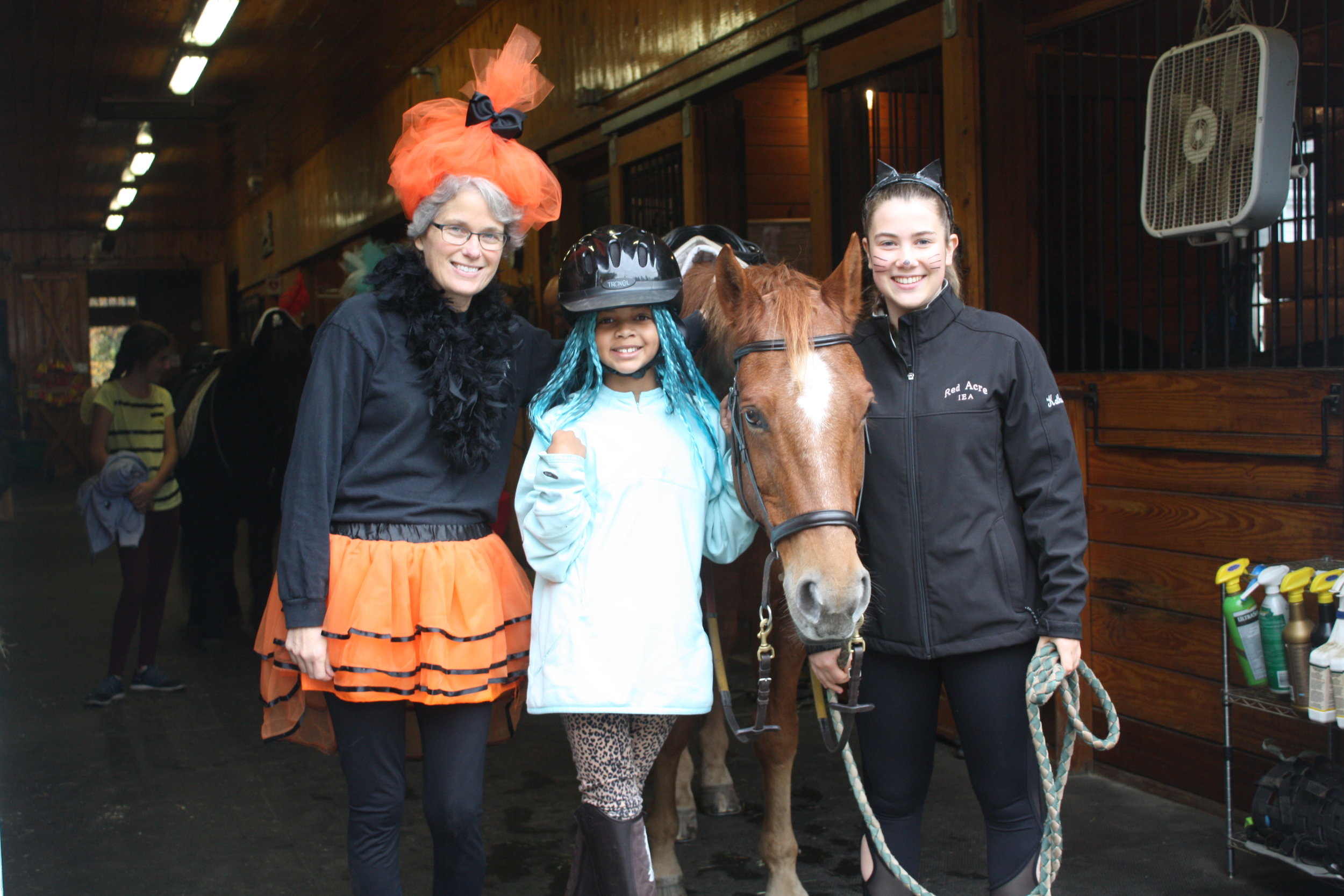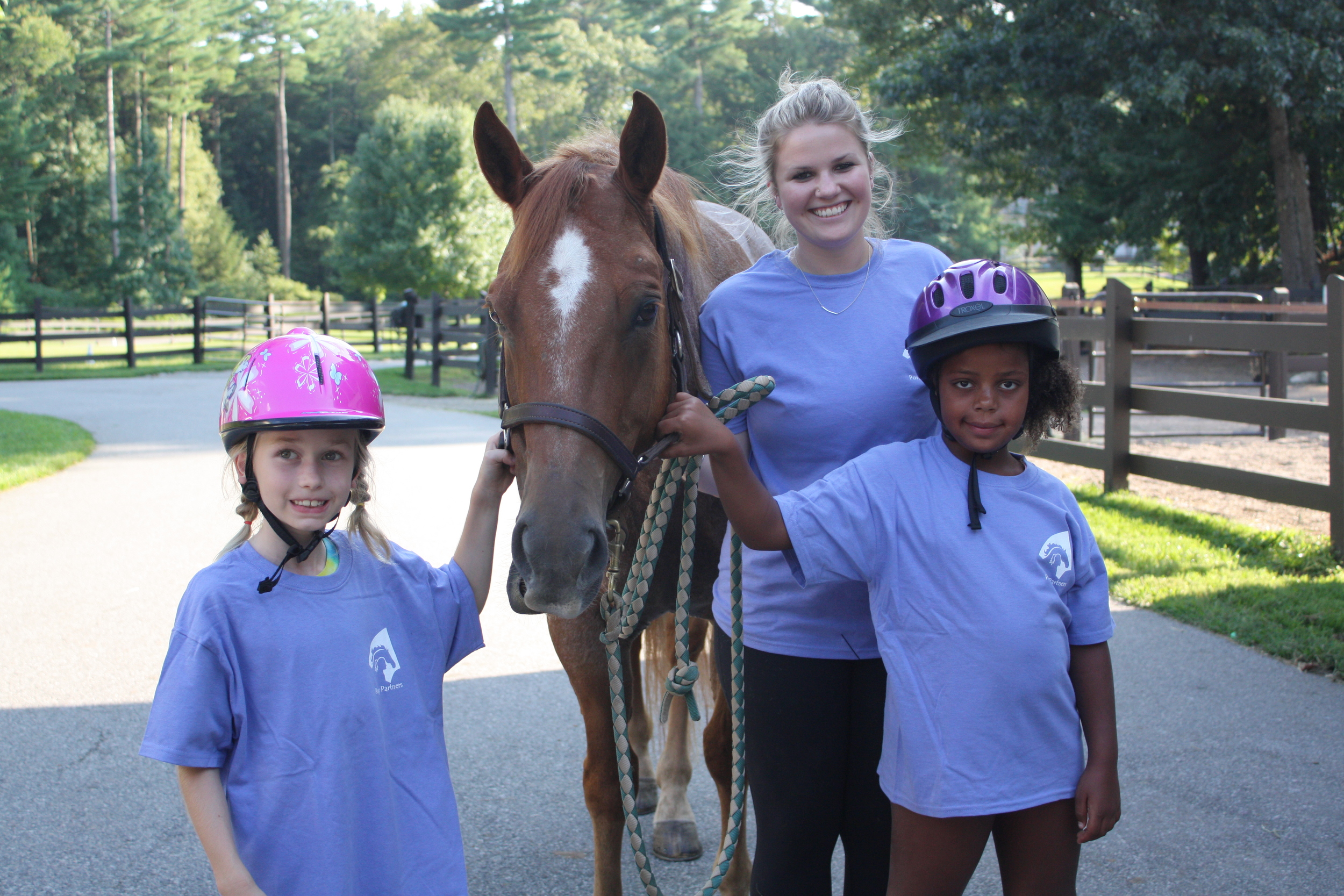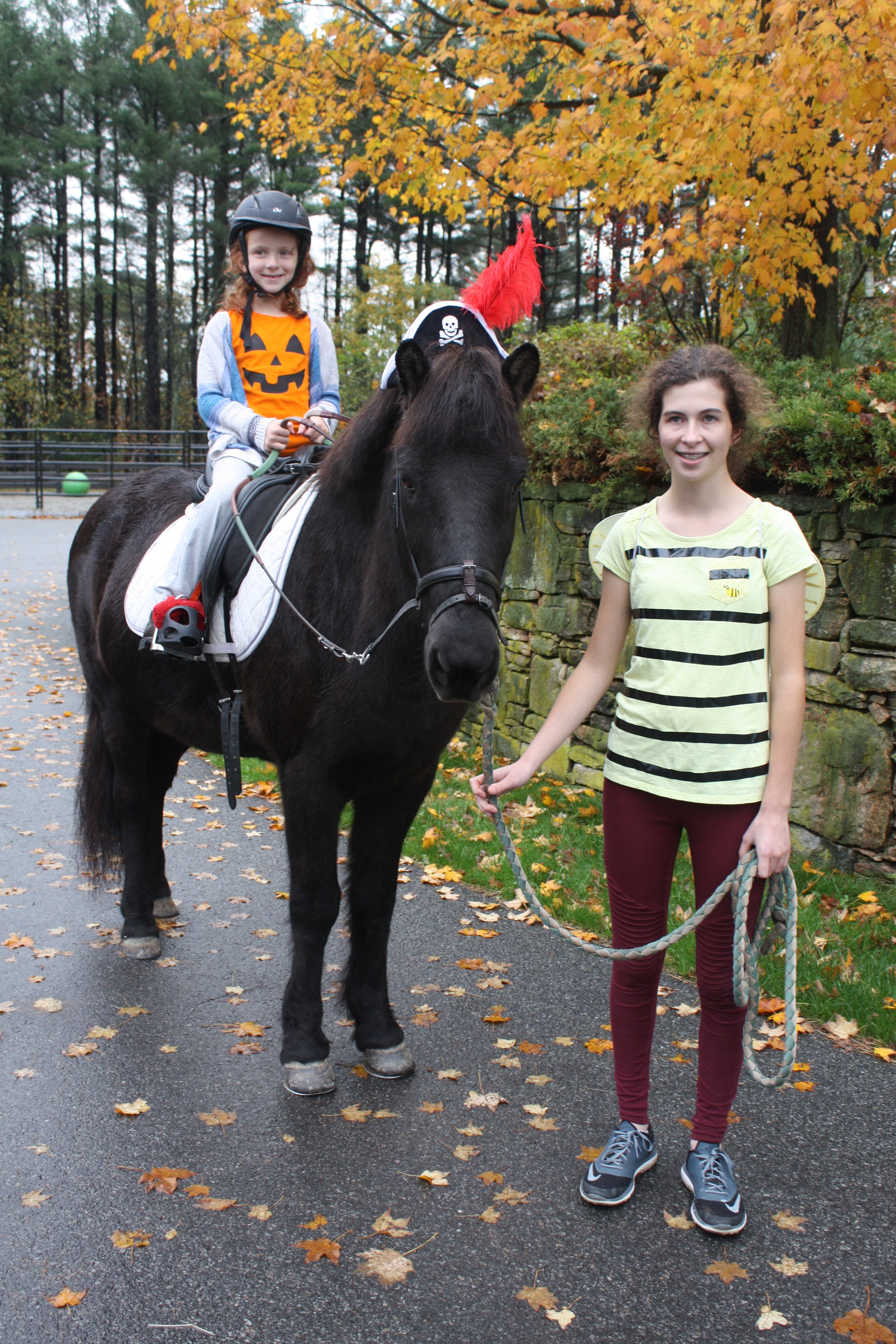“How lucky I am to have something that makes saying goodbye so hard.” Winnie the Pooh
THANK YOU FOR VISITING. WE ARE SAD TO SHARE THAT WE ARE NO LONGER OPERATING OUR LESSON PROGRAM, BUT CHERISH THE QUARTER CENTURY OF TIME WE SHARED!
WE ARE CONTINUING TO SHARE OUR STORY WITH YOU…. AND WE APPRECIATE YOUR INTEREST IN OUR HISTORY. PLEASE EXPLORE VOLUNTEER OPPORTUNITIES WITH OTHER LOCAL PROGRAMS AND EXPERIENCE THE MAGIC OF BRINGING CHILDREN AND HORSES TOGETHER.
“At FFT, children enter a world where they are the focus; their being, their comfort, safety, thoughts, hopes, dreams, and fears are the most important thing to the adults with them at any moment in time. I know firsthand the enlivening, empowering effect of that focus; it calms the breath, quiets the mind and balances both in day-to-day life. Nothing could keep me from the honor of being witness to that transformation.”
Volunteering at Friends For Tomorrow, Inc. (FFT) is a wonderful and rewarding experience. The benefits are many; working as part of a team to help our students experience the joy that comes from participating in our therapeutic equine- and animal-assisted programs, learning new skills, doing something for your community, and feeling good about yourself.
“I love the kindness of the horses as they make adjustments for the students and their various abilities. My time at FFT has strengthened my belief that this bond between humans and horses is special and that humans are the greater beneficiaries. Spending time at FFT makes me feel like I am making some sort of difference in children’s lives.”
Aside from being fun, volunteering provides the opportunity to meet like-minded people, often leading to lifelong friendships.
Requirements for Volunteering:
Volunteers must be at least 14 years of age,
Love children, horses and animals,
Be available and willing to commit to one afternoon a week (we do not have any programs on the weekend) for the length of a session (generally 6-7 weeks long),
Have reliable transportation,
Be in good physical health as volunteering involves a lot of walking and lifting tack,
Other Frequently Asked Questions about Volunteering with us.
“What’s so great about the program is that it allows students who may struggle in school or in other activities to do something that is uniquely theirs. One of the best things about working with these students is that their confidence and self-esteem increase as they are leaning new physical and behavioral skills. Each of the horses brings unique personality traits to a lesson and can teach the students how important it is to develop skills like listening, respecting others’ space and physical presence. I believe strongly that working with animals is something that helps our riders develop compassion and empathy, and horses can be so valuable in teaching these lessons.”
Volunteering with our Therapeutic Horseback Riding Program
As a Therapeutic Horseback Riding (TR) volunteer, we ask that you commit to one afternoon a week from 2:30 to 6:00pm (exceptions can be made for late school dismissals) for the length of a session. During the afternoon, you will be involved in the care of the horses and the barn, assisting children with their lessons, setting up games for lessons, tack cleaning or other activities to make our afternoon run successfully. Horse knowledge is a bonus, but not a prerequisite. We are happy to teach you the skills you need, at a pace that is comfortable for you.
All lessons are one-on-one so you will get the opportunity to get to know the students and engage with them while they work towards their goals on the horse. Our TR lessons run year-round in our indoor and outdoor arenas as well as on the trails that abut our host farm.
“One of the things that I’ve learned from volunteering at FFT is: your challenges don’t define who you are; the way you deal with your challenges is a far more accurate gauge of your character. That is true for everybody, not just the riders at FFT. Volunteering at FFT has brought that idea into greater focus for me in my daily life.”
Volunteering with our Pony Partners and Hooves, Paws & Claws Programs
These two unmounted programs are seasonal with Pony Partners (PP) running on Fridays from 3:30 to 5:30 in the fall and spring and Hooves, Paws & Claws (HPC) running on Fridays from 3:30 to 5:30 in the winter and summer. Both are group programs with an emphasis on working together and social interactions. Being a volunteer with one of these programs gives you the opportunity to be more directly involved in teaching students, under the guidance of the instructor(s). PP volunteers need to have a solid knowledge and comfort level with horses, while HPC volunteers need to feel comfortable working with different animals. Both programs require interacting directly with students.



